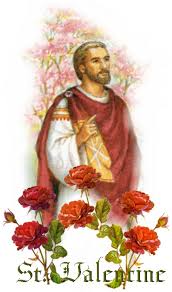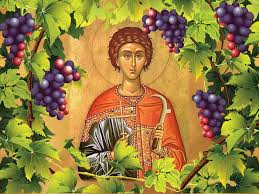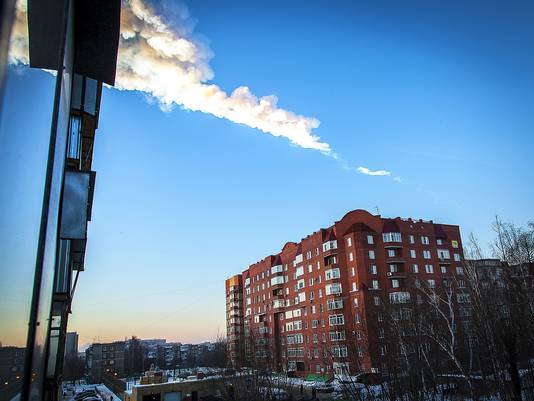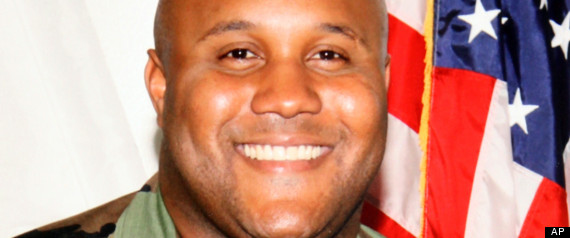One could be forgiven for mistaking a Bulgarian Orthodox Church metropolitan’s public attack on celebrating Saint Valentine’s Day for an election speech as the church nears the election of a new Patriarch.
On February 15 and 16 2013, the church’s governing body, the Holy Synod, will name three of its number as the shortlist of election candidates. On February 24, an electoral college made up mainly of clergy with minority representation for laity will choose the new Patriarch by secret ballot at a meeting in Sofia.
With two weeks to go before the election, it remains unclear whether the rival factions in the upper ranks of the church have achieved a deal on the shortlist, let alone who should succeed the late Patriarch Maxim.
 Galaktion, metropolitan of Stara Zagora, made headlines on Bulgarian television and in newspapers by railing against St Valentine as a Roman Catholic intruder on Bulgarian Orthodox territory.
Galaktion, metropolitan of Stara Zagora, made headlines on Bulgarian television and in newspapers by railing against St Valentine as a Roman Catholic intruder on Bulgarian Orthodox territory.
On February 14, Bulgaria traditionally celebrates Trifon Zarezan, a vine-pruner of legend, on a day dedicated to the drinking of red wine. The church customarily joins in the celebration, irrespective of the fact of Trifon Zarezan’s pagan origins.
But for Galaktion, “Saint Trifon” being superseded – especially among the young – by St Valentine was a matter for indignation.
“Can you set aside a day for love? You have to love every day. Christians should love each other at all time, not just on Valentine’s Day, which is hardly a Christian holiday,” Galaktion said at a church service at the St Trifon Chapel in Harmanli, before going on to a vine-pruning ceremony.
Meanwhile, Varna Metropolitan Kiril, currently acting chairman of the Holy Synod – in effect, the acting Patriarch – confirmed his availability to be Patriarch.
Kiril is among the majority in the Holy Synod who were formerly agents for the communist-era secret service State Security and has made headlines for his alleged taste for an opulent lifestyle, famously including the Lincoln hybrid he uses as his vehicle.
Kiril was responding to the public confirmation a day earlier by Lovetch Metropolitan Gavril that he was available for election.
Gavril is one of three members of the Holy Synod who did not work for State Security. The other two are not eligible for election as Patriarch, Plovdiv Metropolitan Nikolai because he is younger than 50, and Dorostol Metropolitan Amvrosii because he has been in charge of a diocese for less than the required five years.
Kiril, speaking on February 9, said that it was God who would choose the Patriarch, through the electoral college.
Gavril, speaking on February 8, said that he would not refuse becoming Patriarch, “if it happens at the behest of God”.
 He told journalists that the new Patriarch should be young so as to be able to cope with the difficult tasks. At 62, Gavril is young by the standards of the senior clergy of the Bulgarian Orthodox Church.
He told journalists that the new Patriarch should be young so as to be able to cope with the difficult tasks. At 62, Gavril is young by the standards of the senior clergy of the Bulgarian Orthodox Church.
Gavril was speaking at a ceremony at which he was named an honorary member of the Chamber of Engineers. Before his church career, he completed a university course in road construction.
The event, also somehow reminiscent of a campaign trail stop, could have done the Lovetch Metropolitan no harm. He is especially popular among followers of the Bulgarian Orthodox Church who would prefer it to be headed by someone other than a former State Security agent, and he has the added attraction of no tie to the controversy about the awarding of the “Archon” title to wealthy business people whose reputations are the subject of public discussion.
As to public input, as at February 10, with five days to the shortlisting process, there is no reliable public opinion poll about whom the laity wish to head the church.
But a Facebook page set up for the purpose has Gavril clearly in the lead, with 2152 votes, leaving Metropolitan Yoaniki of Sliven trailing with a distant 723 votes and Neofit of Rousse with 646.
Kiril has only 103 votes but is doing better than Galaktion – the one who does not like St Valentine – who is second-bottom with 37 votes.
But then, it is hardly a scientific poll, and nor does it take into account the affirmation by church leaders that the ultimate decision will be made by God.













